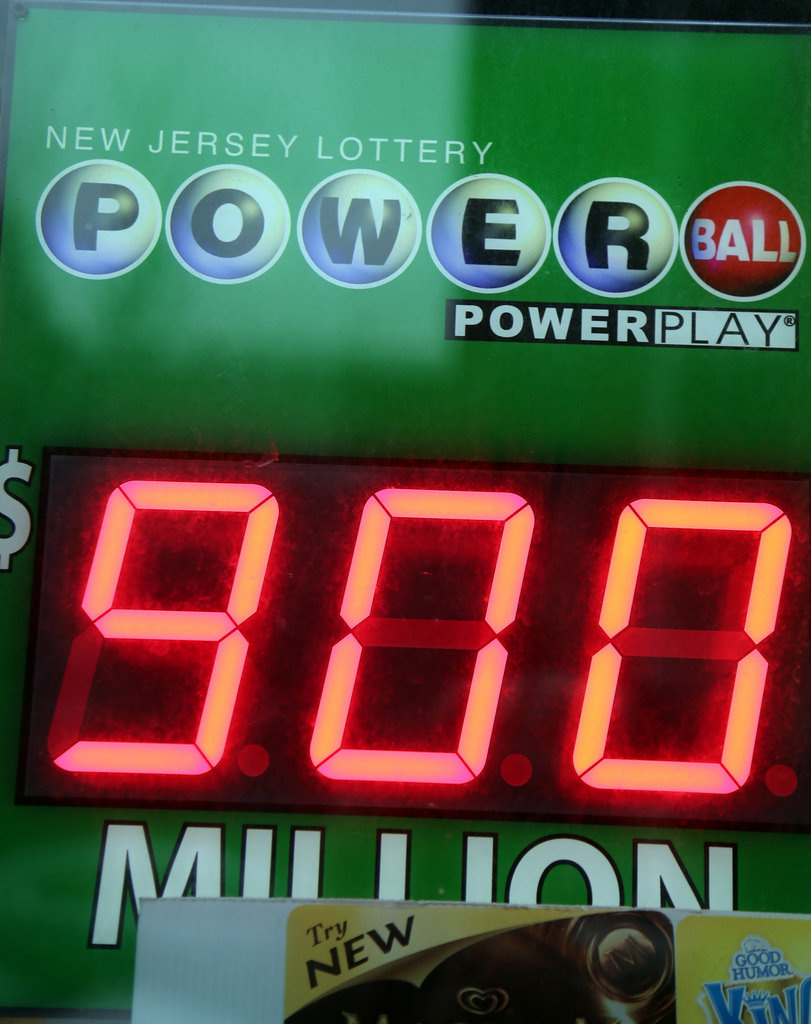| If the lottery is, as some call it, a tax on the stupid, Powerball proves the adage that fools and their money aren’t tethered for long. And Utahns certainly are not immune from such foolishness. This is one of only seven states without a lottery, but that doesn’t mean people here don’t buy lottery tickets. Recent news reports have documented the long lines outside convenience stores, bars and grocery stores in the normally sleepy border towns just across state lines. These are mostly people from Utah, locals say. They aren’t there for Big Gulps and beef jerky. They come with their money and their dreams — of owning a business, paying off debts or giving to charity. |
| | All of these are obtainable for most anyone with modest means and a long-term financial strategy. They don’t require being hit by a monetary lightning bolt. Actually, that isn’t an accurate comparison. Your odds of being struck by lightning are only 1 in 164,968. For that matter, your odds of being struck by an asteroid are 1 in 700,000. The odds of winning the Powerball, whose pre-tax payout reached $1.5 billion as I wrote this, are 1 in 292 million. You don’t have to be a math major to see how tiny this is. Or, judging by all the hype this week, perhaps you do. I’ll put it this way — if your doctor offers you a miracle drug that has a 1 in 292 million chance of working, you had better keep the undertaker on speed dial. The Los Angeles Times put a Powerball simulator on its website this week (find it at http://graphics.latimes.com/powerball-simulator/) . It lets you enter numbers as if you were buying tickets, then randomly generates a series of winning combinations, keeping track of how much you win or lose. I tried it for a few minutes. Yes, I won about $3,000 in smaller payouts, but I lost more than $30,000. Thank goodness it was just imaginary. So, should Utah join the lottery crowd and recapture all that is going to Idaho and Wyoming? A better question would be, what on earth would the state have to gain? “Utah is infinitely better off, as a state, for not having a lottery,” Les Bernal, the executive director of Massachusetts-based Stop Predatory Gambling, told me when I reached him Tuesday. Bernal is well-acquainted with Utah’s low unemployment rate, it’s impressive growth and its ability to weather the recent recession, all of which would be hurt by a lottery, he said. Research bears him out. Patrick Pierce, a professor at St. Mary’s college in Indiana, told Marketplace.org that he found “states with education lotteries came to spend less on education than they would have spent if they had not adopted the education lottery.” Along the way, they also shift the burden of paying for education to the poor, who can least afford it. This has been demonstrated repeatedly. A recent example comes from Cornell University, in a study conducted for the Maine Center for Public Interest Reporting. According to a report in the Pine Tree Watchdog, the study found that people in Maine’s poorest towns spent 200 times as much on lottery tickets than those in wealthier ones. Of course, someone will win big, most likely when numbers are drawn tonight. Someone, or perhaps more than one, will have his or her life changed in an instant. And even though stories abound of ordinary folks whose lives were ruined by such luck, it is this thin, microscopic ray of hope that keeps people flooding over Utah’s borders. They keep going despite stories this week of an evolving scandal concerning potential jackpot fixing by lottery officials in Iowa and four other states. They keep going, even though many of them may share a distrust of government in most other matters. They keep going because … well, I’m not totally sure why. It’s not fair to call lotteries a tax on the stupid. Stupidity generally results from a lack of knowledge. Most people, I believe, act differently when armed with facts. It is, then, a tax on the uneducated and ill informed. That still is no way to fund a government. |


 RSS Feed
RSS Feed

